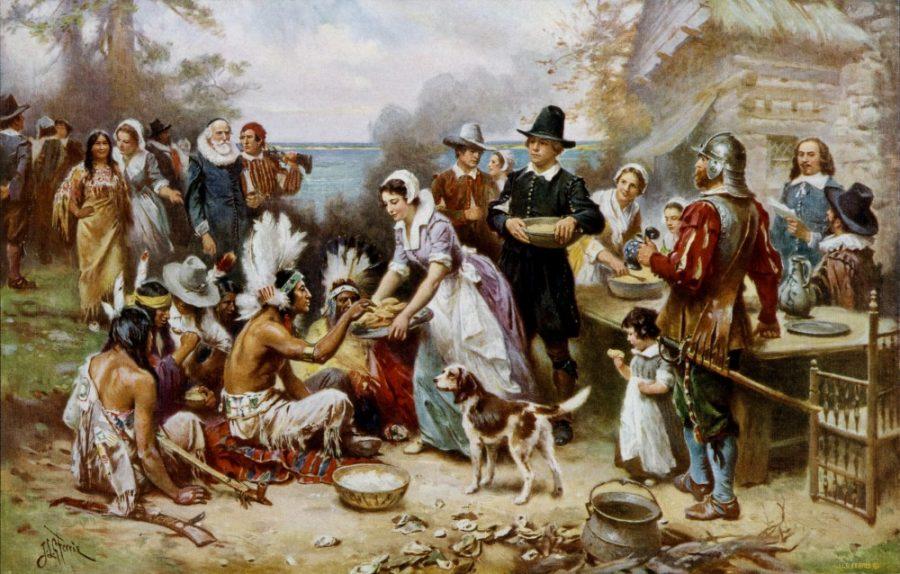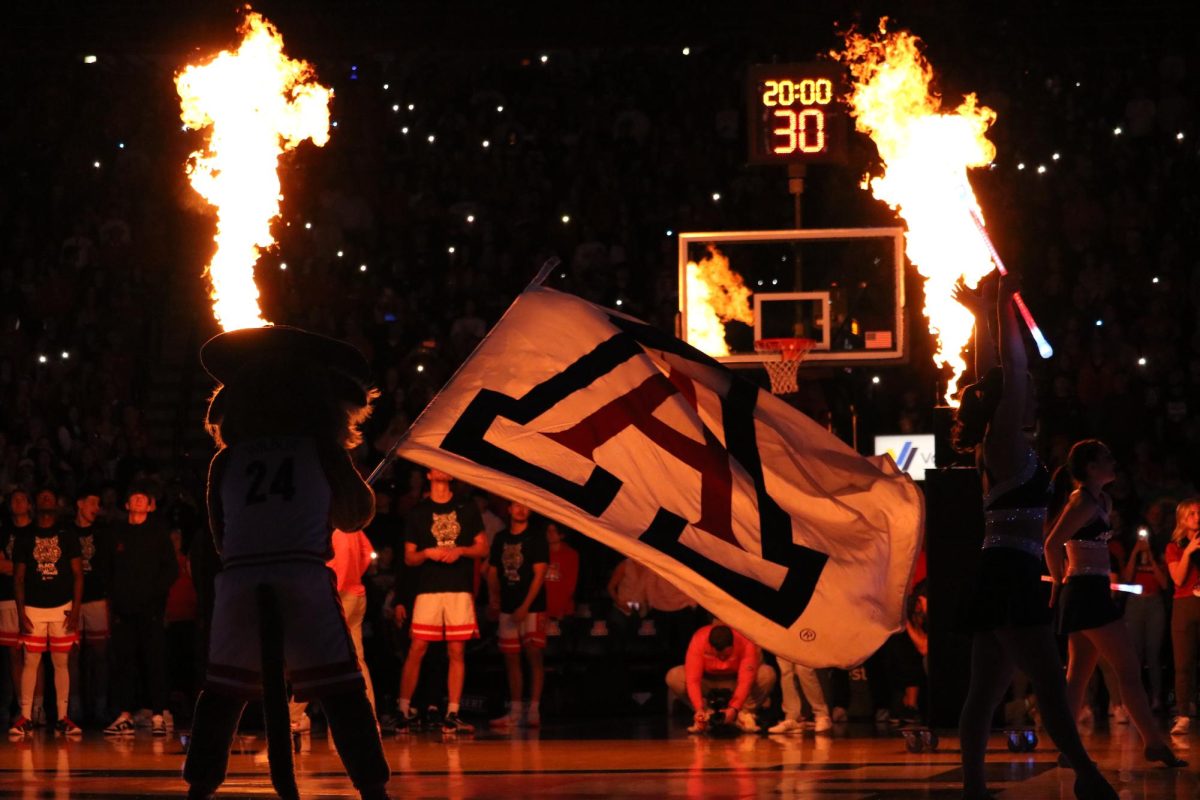The United States has experienced an unprecedented reckoning with racism in the past sixth months. Sparked by the horrific murder of George Floyd at the hands of Minneapolis police in June, protests have made harsh realities about racism and white supremacy hard to ignore. States changed flags and tore down statues, an NFL team changed its name and companies large and small signaled their commitments to fight systemic inequality.
In light of the seemingly greater awareness for the racism ubiquitous in American history, it feels a little bit odd that the dominant conversation around Thanksgiving – the only conversation, in many cases – is about how the COVID-19 pandemic will affect this year’s holiday. The pandemic is reshaping how we celebrate, but it’s worth asking whether we should be celebrating in the first place.
In a world often starved of gratitude, a holiday dedicated to giving thanks for all there is to appreciate in our lives would be a positive occasion from which even those facing the greatest strife could take some measure of hope. Telling others that we love and are grateful for them contributes to a remarkably happier society. Taking a moment to appreciate all folks who help keep the world going is a productive exercise in humility.
RELATED: How students are responding to a new online learning environment
Where the questions about Thanksgiving’s suitability to be the holiday for this purpose arise are with its troubled history and role in furthering the white supremacist narrative of European colonization of the Americas.
It shouldn’t come as a surprise that the story of the first Thanksgiving – as with many of the more troubling events of U.S. history – that we teach in schools and portray in popular media is misleading at best. The whole story is extremely long and complex. To keep it to the point, there are a few fallacies of maximum significance that call the whole holiday into question.
1. The Pilgrims as we call them today were not the first contact with Europeans for the Wampanoag tribe at the center of our historical narrative. Europeans had brought disease that decimated Mid-Atlantic tribes before the Pilgrims arrived and slave raids were a common occurrence along the coast.
2. The Wampanoag people only entered into an alliance with the Pilgrims as a strategic ploy in a conflict with a neighboring tribe. They were under pressure to form the alliance because of the damage done to their tribe by European diseases.
3. The Wampanoag did not willingly or knowingly give the Pilgrims their property. Much of the “sharing” depicted in how we teach Thanksgiving was actually stealing.
4. The tradition of “Thanksgiving” in Pilgrim society was marked by fasting and praying. It wasn’t until later that the feasting of today became associated with the holiday. It is worth noting that in 1637, a day of “thanksgiving” was declared after the massacre of more than 700 Pequot people.
While some or all of these realities may be shocking, they should come as no surprise. American history as it is taught today is rife with mischaracterizations of events and omitted facts that serve to obscure the extent to which white supremacy has shaped the past and continues to shape the present. By allowing our schools to teach this whitewashed version of events and our children to celebrate as heroes people who contributed to a genocide of indigenous people, we further the harm already done to victims of colonization.
Before Sean Hannity and Laura Ingraham convince you that the only ones questioning Thanksgiving are un-American and want to destroy everything that makes this country great, consider a holiday that encourages us all to engage in gratitude without contributing to a white supremacist history and prop up systemic racism and genocide.
We can still gather around our tables with family (but only the family you live with this year) and enjoy a feast to end all feasts. We can roast turkey and vegetables. We can mash assorted boiled root vegetables with copious amounts of dairy. We can make bread stale on purpose and then attempt to remedy the problem by pouring liquid on it and then eat the astoundingly delicious product and call it stuffing or dressing without having any idea what the difference is. We can debate whether pecan or apple or pumpkin or, God forbid, key lime is the best expression of the beautiful dessert that is pie.
RELATED: Tohono O’odham Nation donates money to Arizona universities for COVID-19 research
We can take turns giving thanks to all the people and things that make our lives better. We can celebrate the resilience of our communities and the beauty of our diversity, the strength of our nation and the awesomeness of our people. We can celebrate our unrivaled capacity to cook and eat. We can even celebrate our history. Not the parts of our history where oppression overcame humanity and hate triumphed over love, but the parts where progress won the day.
We still have a long way to go before we can call ourselves a land of equality and the crimes of our past can never be erased or undone, but by changing what we celebrate on the fourth Thursday of every November – and acknowledging that the Pilgrims and Wampanoag did not sit down to a “friendly meal” – we can put another nail in the coffin of hate. We can be stronger than the violence of our past and louder than the bigots trying to preserve a false image of it.
Stay thankful, stay hungry, stay happy. Reject white supremacy, racism and genocide.
Follow Aidan Rhodes on Twitter

Aidan Rhodes is a journalism major from Flagstaff Arizona. He is a passionate chef, athlete and writer.









